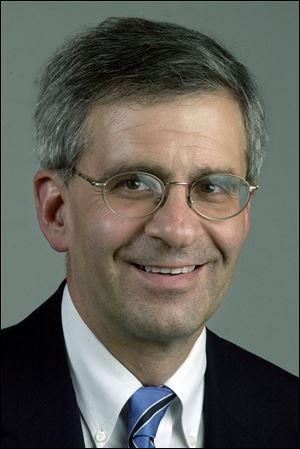
COMMENTARY
Secret maritime society treads water
7/31/2014
Shribman
SALEM, Mass. — For four generations, members of my family have walked through the doors of the Hawthorne Hotel here, attending Rotary or Chamber of Commerce meetings, stepping into the basement for teen parties, mingling in the lobby after Thanksgiving-morning 5K races that took our family harriers through town and around the shoreline.
One of us was an immigrant settler, another sold auto insurance, a third was a lawyer, another was in real estate, and one was a cub reporter intoxicated with the idea of finding out what secrets were held close to the breast of the old town.
For all that time, amid all that Rotary camaraderie and pledges of allegiance to the flag, all those stuffy chamber conclaves, none of us knew that six stories above us was one of the great mysterious enclaves of all of maritime Massachusetts. It is perhaps, as Yankee magazine was to put it, “the most unusual room in New England.”
So in my sixth decade — and the 12th decade of my family’s ties to this old community — I finally watched the key turn in a tucked-away corner of the top floor of the hotel. I saw the door open to the secret meeting place of the Salem Marine Society, founded in 1766.
From this secluded room, it is possible to look into Salem harbor and across to Marblehead, glimpsing in one sighting two of the most important sea towns of our colonial past.
It was in that colonial past that seamen, masters, and merchants long forgotten formed the Salem Marine Society. Their intention was to exchange navigational information and to provide benefits to sea captains in distress and widows in need. The group still meets.
None of us knew that in these chambers, shaped like a captain’s cabin and outfitted with real captains’ chairs, were medals, navigational instruments, barometers, and hygrometers, and the sorts of portraits found in old Yankee men’s clubs, except these subjects are sea captains.
Assembled here too is a picture of every person who ever belonged to this society, 1,037 Salem souls in all. Some of the names are evocative of a time and a place.
One name is Nathaniel Bowditch, sometimes considered the founder of maritime navigation. A mathematician and astronomer, Mr. Bowditch was the author of Bowditch’s Practical Navigator, which has gone into more than four dozen printings, the latest only five years ago.
Navigation was the principal draw for the society, which constructed a beacon on nearby Baker’s Island in 1791, saving sailors from fateful encounters with dangerous ledges. An improved lighthouse was built in 1798.
Over the years, a remarkable library was assembled, the collection mostly of sea life and travel. But if you feel the need to inspect the logs of the American Board of Supervising Inspectors of the Bays, Sounds, and Tides of the United States, this is the place. You might also linger on a volume on the lighthouse stations of the U.S. government.
Salem no longer is home to the nation’s most important mariners. The phrase “China trade,” once so redolent in this community, no longer refers to clipper ships leaving Derby Wharf for the faraway East. Membership today is open to descendants of members and to ship owners.
A sea-drawn president reflected on the draw of the oceans. “The sea changes and the light changes and ships change,” John Kennedy said in his America’s Cup speech of 1962. “We have salt in our blood, in our sweat, in our tears. We are tied to the ocean. And when we go back to the sea … we are going to whence we came.”
Before I departed the secret room in the city whence I came, I signed the guest book, the first to do so in 359 days.
Part of the story of my native city is the same as the story of yours: forgotten tales and hidden secrets that ought to be forgotten and hidden no longer.
They are worth exploring, even if they are on the seventh floor of a hotel that is so much a part of your mental landscape you hardly notice it anymore.
David Shribman is executive editor of the Pittsburgh Post-Gazette.
Contact him at: dshribman@post-gazette.com.